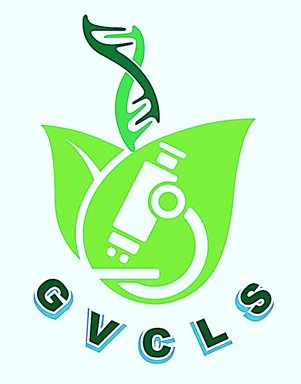Start Your Training Today: [Enroll Now]
Hands-on training with essential techniques available
Laboratory Skills Training
Molecular biology:
- DNA, RNA, and protein extraction
- Gel electrophoresis (agarose and SDS-PAGE)
- PCR (Polymerase Chain Reaction) and qPCR
- Molecular cloning (restriction digestion, ligation, transformation)
- Microscopy
- Spectrophotometry
Laboratory Skills Training in Microbiology
- Basic Techniques
- Aseptic technique: Preventing contamination in microbial cultures
- Media preparation: Preparing nutrient agar, broth, selective/differential media
- Microscopy: Light, phase-contrast, fluorescence microscopy
- Staining methods:
- Gram staining
- Acid-fast staining
- Endospore staining
- Culturing and Isolation
- Streak plating, pour plating, spread plating
- Colony morphology identification
- Serial dilution and viable count techniques
- Biochemical and Molecular Tests
- Catalase, oxidase, coagulase tests
- Antibiotic sensitivity testing (e.g., Kirby-Bauer disk diffusion)
- Molecular methods
Laboratory Skills Training in Biochemsitry
- Spectrophotometry (for quantifying molecules)
- Chromatography (e.g., HPLC, TLC)
- Electrophoresis (SDS-PAGE, agarose gel)
- Protein purification and enzyme assays
- DNA/RNA extraction and analysis
- Use of biochemical reagents and buffers
Training in Food Sciences
Molecular Techniques in Food Biotechnology
- DNA extraction from food samples, PCR detection.
- Marker-assisted quality control of raw materials.
- R&D training for designing functional foods, nutraceuticals, and plant-based proteins.
Training in Food Biotechnology
- Nutraceuticals & Functional Foods
- Fortification of foods with vitamins, minerals, or herbal extracts.
- Antioxidant activity assays of plant-based additives.
- Food Waste to Value-Added Products
- Converting fruit/vegetable waste into bio-enzymes, organic acids, or animal feed.
- Shelf-Life Enhancement
- Natural preservatives from spices or essential oils.
- Allergen Detection
- DNA test for detecting food adulteration.
💻 Computational and Bioinformatics Skills
Increasingly important in modern molecular biology:
- Genome annotation
- Phylogenetic analysis
- Use of tools like NCBI BLAST, MEGA, or RDP
- Data analysis for high-throughput sequencing (e.g., metagenomics) Sequence analysis (BLAST, ClustalW, etc.)
- Primer design
- Protein structure prediction
- Use of databases (NCBI, UniProt, Ensembl)
- NGS
🎓 Types of Training Programs
- Workshops or short-term courses (e.g., 1–4 weeks)
- Online training (e.g., lab websites)
- On-the-job training (internships, lab assistant positions)
- Research-based training (through thesis or independent projects)
Key Area of focus
- Biotechnology
- Molecular Biology & Biochemistry
- Chemistry
- Nanotechnology
- Environmental Science
- Sustainable Practices in Life Sciences
- Composting
- Post harvest technology
- Plant Pathology studies
- Anima studies etc..
